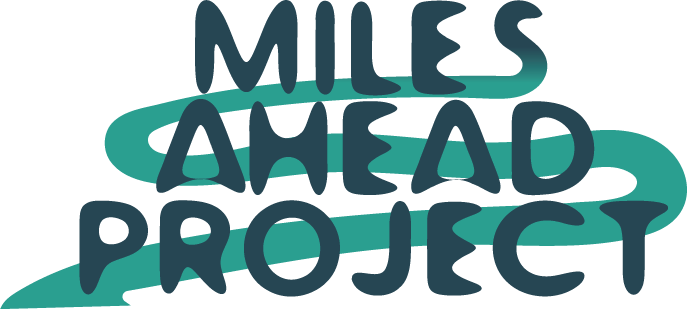Every year, I feel the pressure to set New Year’s resolutions. This year, my first as a certified running coach, I felt even more pressure in the days leading up to January 1 to tap into the fitness-resolution boom and post about my business. And, well, I guess I’m doing that now—on January 3. But I resisted until now. Instead, I spent time with my dogs and spouse, went for runs, got a new tattoo, thoroughly cleaned my house, and spent New Year’s Day literally doing nothing.
I don’t have any New Year’s resolutions for myself. I do have a few goals for the year, but they’re things I’ve been working toward for a while. When it comes down to it, I’m not a big fan of New Year’s resolutions—or at least not the compulsive nature of them. If you have a goal and it makes sense to start working toward it on January 1, I fully support that.
But winter can also be a time of rest and rejuvenation. My winter training looks different from other seasons. I’m not as regimented, I give myself extra time to sleep in, and I try to get outside every day because I’m prone to feeling blue during the dark days of winter. Still, my training schedule is more flexible, and I allow myself a little extra breathing room.
Taking a break from training from time to time is something I think everyone should do. I still run during my winter break, but my training isn’t as structured—and skiing will soon take precedence. I’m convinced that moving our bodies and challenging our minds in different ways, whether through cross-training or pursuing different activities during the off-season, is key to running longevity and injury prevention.
When it comes to resolutions, they’re really just goals. And one of the biggest factors in successfully achieving a goal is how motivated and excited we are by it. For some, the turn of the calendar page is a great catalyst for starting a new goal. But that isn’t true for everyone. As a coach and a runner, here are a few thoughts I have about the mainstream take on New Year’s resolutions:
The pressure to set resolutions around weight loss is fatphobic and unhealthy.
Body size is not an indicator of health, fitness, or running ability. As a running coach, I encourage the athletes I work with to focus on what their bodies can do and the joy they can find in movement. And if you’re wondering what science has to say about that, a recent meta-analysis (opens in a new tab) showed that BMI is not an accurate predictor of mortality risk. People with good cardiovascular fitness, regardless of weight, all have a similarly (and significantly) reduced risk of death versus those who are not fit.
Goals should feel exciting and meaningful year-round, not forced by the calendar.
If you feel motivated by your New Year’s running resolution, that’s great! But if you’re still in hibernation mode like me, that’s great too. Trust the process. When you find a race, challenge, or adventure that ignites your excitement, you’ll know it’s the right time to dive in.
Rest is important and valid.
Sometimes I feel like New Year’s resolutions exist to keep the capitalist machine churning. I don’t know if that’s true, but I do know that capitalist systems don’t value rest—and we should resist that. Rest is essential, and winter feels like the perfect time to embrace it.
Winter Goal Ideas for Non-New Year’s Resolution Runners
If you’re like me and prefer to approach winter with a bit more flexibility, there’s still plenty you can do to stay active and engaged without the pressure of rigid resolutions. Winter offers a unique opportunity to slow down, try new activities, and focus on small, meaningful habits that bring joy and balance. Here are a few ideas to inspire your winter routine:
- Get outside every day, even for a short walk.
- Enjoy warm, tasty foods (at my house, we make a big pot of vegetable soup or chili at least weekly).
- Go for runs without your watch, don’t worry about speed or distance, and instead just enjoy on the movement.
- Let running take a back seat and focus on other activities like skiing, biking, or yoga for a few weeks.
- Set mini-goals, like exploring new trails or elevation gain across all activities, instead of focusing on speed or distance.
Ultimately, whether you set New Year’s resolutions, embrace winter as a time for rest, or quietly work toward goals you’ve been nurturing for a while, the most important thing is to honor what feels right for you. Movement, in any form, should bring joy and fulfillment—not pressure or guilt. So, as we step into this new year, let’s remember to celebrate progress (in all its forms), embrace rest, and find the balance that keeps us moving forward, one step at a time.
Get outside every day, even for a short walk.
Enjoy warm, tasty foods (at my house, we make a big pot of vegetable soup or chili at least weekly).
Go for more runs without your watch.
Let running take a back seat and focus on other activities like skiing, biking, or yoga for a few weeks.


Leave a Reply
You must be logged in to post a comment.